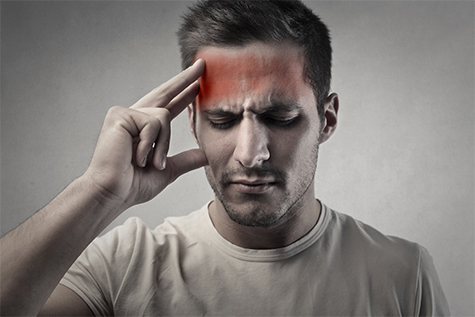What Is Dizziness
Dizziness is the sensation of light-headedness, wooziness, or imbalance. It affects the sense organs, particularly the eyes and ears; therefore, it can occasionally cause fainting. Dizziness is not an illness but a symptom of numerous conditions.
Vertigo and disequilibrium may result in a sensation of dizziness, although these phrases refer to distinct symptoms. Vertigo can be described as a spinning sensation.




